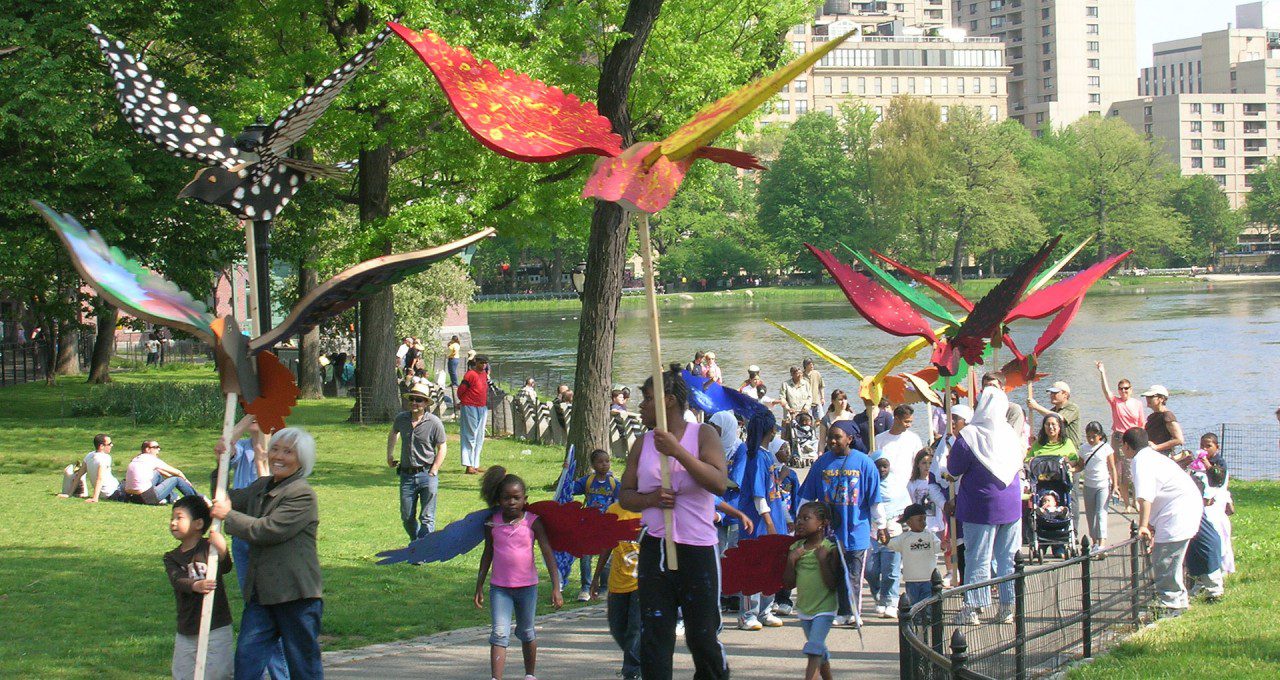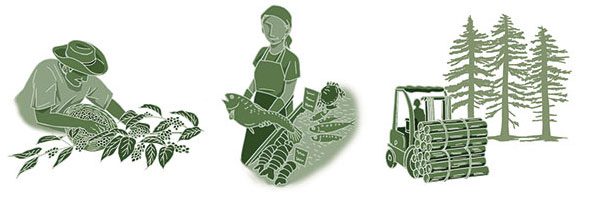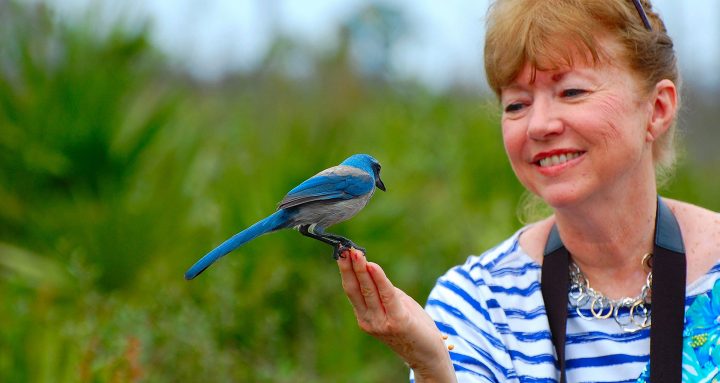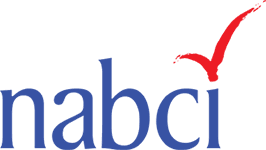Conservation: Everybody Wins

Healthy lands and waters provide sustainable resources for birds and people. Our governments have accomplished a lot for conservation, but they can’t do it alone. Conserving our shared birds is everyone’s responsibility.
Public Policy
Strong science guides sound policy with successful outcomes.

The Migratory Bird treaties reflect the will of the people—our societies expect our governments to sustain the abundance and diversity of birds as part of our shared natural heritage.
Because birds are excellent indicators of environmental health, science and data about birds can help shape well-rounded policy for conservation as well as for agriculture, industry, and human health.
The science in this report presents the best available broad-based science on the status of birds and environments across North America. Strong science can be used to create evidence-based land and water policies that guide responsible use of our continent’s resources. The North American Waterfowl Management Plan demonstrates how science and trinational collaboration can result in continental-scale success.
We will work together to develop new, science-based standards for commercial fishing, low-impact shipping, sustainable development, and Arctic biodiversity.
Canadian Prime Minister Justin Trudeau after bilateral meeting with U.S. President Barack Obama
Private Industry
Corporations can be sustainability leaders.

Companies throughout North America, joined by free trade, also share responsibility for our continent’s natural resources. Birds are indicators of the health of our resources, and both are threatened by deforestation, development, pollution, and climate change. When birds decline, industry is called to action.
Forward-thinking companies are going beyond the minimum requirements of regulations because sustainability ensures long-term economic growth. Multinational corporations are revamping supply chains for sustainably sourced wood products. Seafood companies are adapting fishing harvests to ensure stable fisheries. Coffee farms are growing beans under a tropical forest canopy and realizing benefits in pest and disease resistance.
These industry leaders are taking the long view in their business plans—not for charity, but because sustainability is a solid strategy for future profitability.
Our sustainability strategy is helping strengthen our communities and protect our planet. …The company connects long-term growth with a need for sustainability.
Tom Falk, CEO, Kimberly-Clark Kimberly-Clark 2014 Sustainability Report
People
The decisions we make in our everyday lives can make a difference for birds.

- As birders: Birding can be more than a hobby. It can be an act that contributes meaningful data for conservation. We can make our bird sightings work for science by logging lists into citizen-science databases such as eBird.org.
- As citizens: We can elect representatives who recognize that healthy environments are good for birds, people, and the economy, and who support the foundational concepts of science-based legislation and conservation.
- As consumers: Each grocery trip is an opportunity to support bird habitat in the tropics (bird-friendly coffee), grasslands (grass-fed beef), the boreal forest (certified sustainable paper products), and at sea (certified sustainable seafood).
We learn everything, because watching birds we see everything.
Volunteer, Mexico Community-Based Bird Monitoring Network
